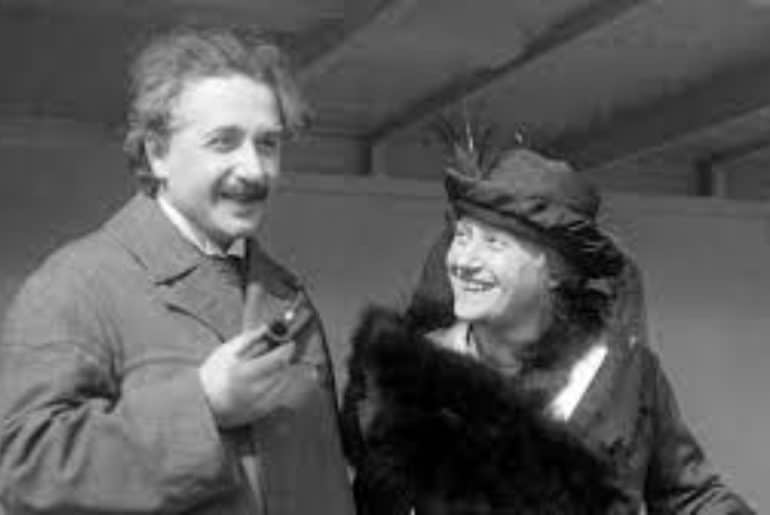Albert Einstein is well-known for his contributions to the field of physics, particularly his theory of relativity.
But what many people don’t know is that he had a passionate love affair with a woman named Mileva Marić, who was also a physicist.
Who was Albert Einstein’s lover?
Mileva was born in 1875 in Titel, which was then part of the Austro-Hungarian Empire and is now in Serbia. She was one of the few women of her time who studied physics, and she was admitted to the Zurich Polytechnic, where she met Einstein. They were both studying physics and soon became close friends.
Their friendship turned into a romantic relationship, and they began living together. Mileva was a brilliant physicist in her own right, and it’s believed that she played a significant role in the development of Einstein’s theories. Some historians even suggest that she may have contributed to the theory of relativity, although this is still a matter of debate.
However, their relationship was not always smooth sailing. Einstein was often away on trips and Mileva was left to care for their children. They had two sons, Hans Albert and Eduard, but Eduard was diagnosed with schizophrenia and spent much of his life in institutions.
Their relationship began to falter, and they eventually separated in 1914. Einstein went on to marry his cousin, Elsa Einstein, while Mileva moved to Zurich with their children. She continued to study physics and worked as a teacher, but her career was cut short when she developed health problems.
Mileva’s story is a reminder of the challenges faced by women in science, both then and now. She was a brilliant physicist who was overshadowed by her more famous partner, and her contributions to science were largely ignored. But she was also a mother who struggled to balance her career and family life, a challenge that many women in science continue to face.
Despite the difficulties she faced, Mileva remained devoted to physics until the end of her life. She died in 1948 at the age of 72, but her legacy lives on. Her story serves as a reminder that even the most brilliant minds can face personal and professional challenges, and that it’s important to recognize the contributions of all scientists, regardless of their gender or background.

